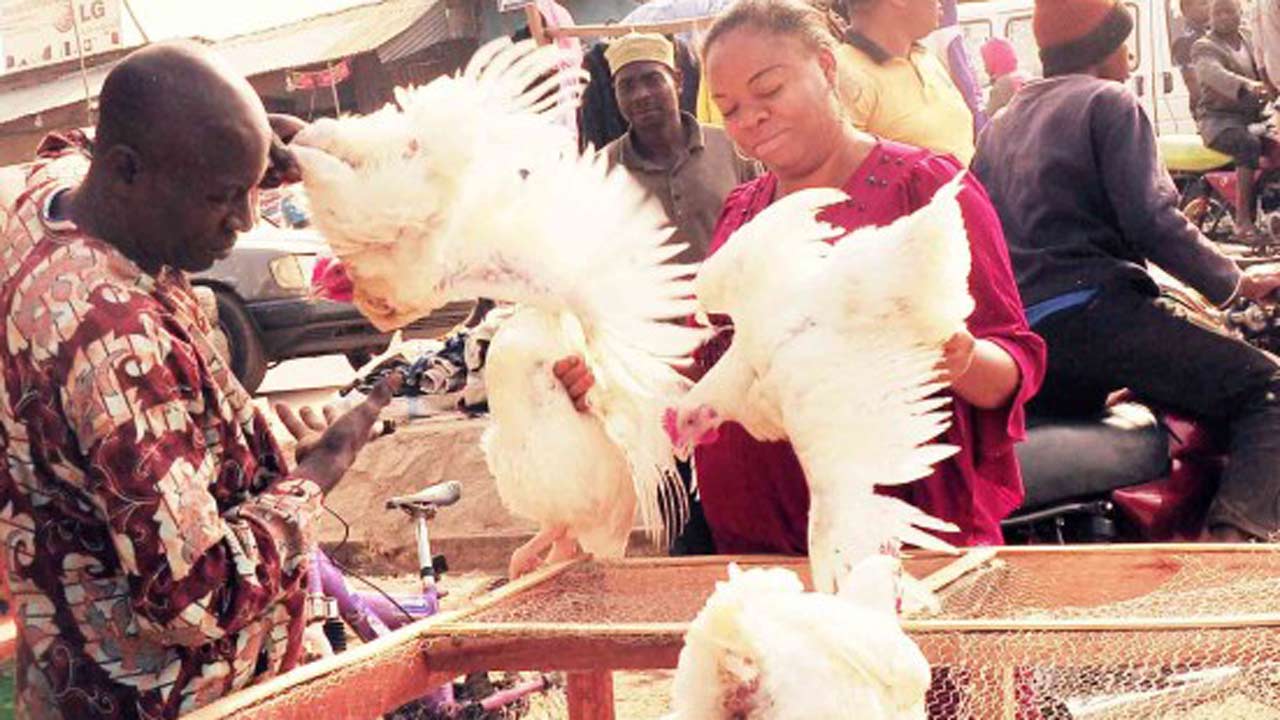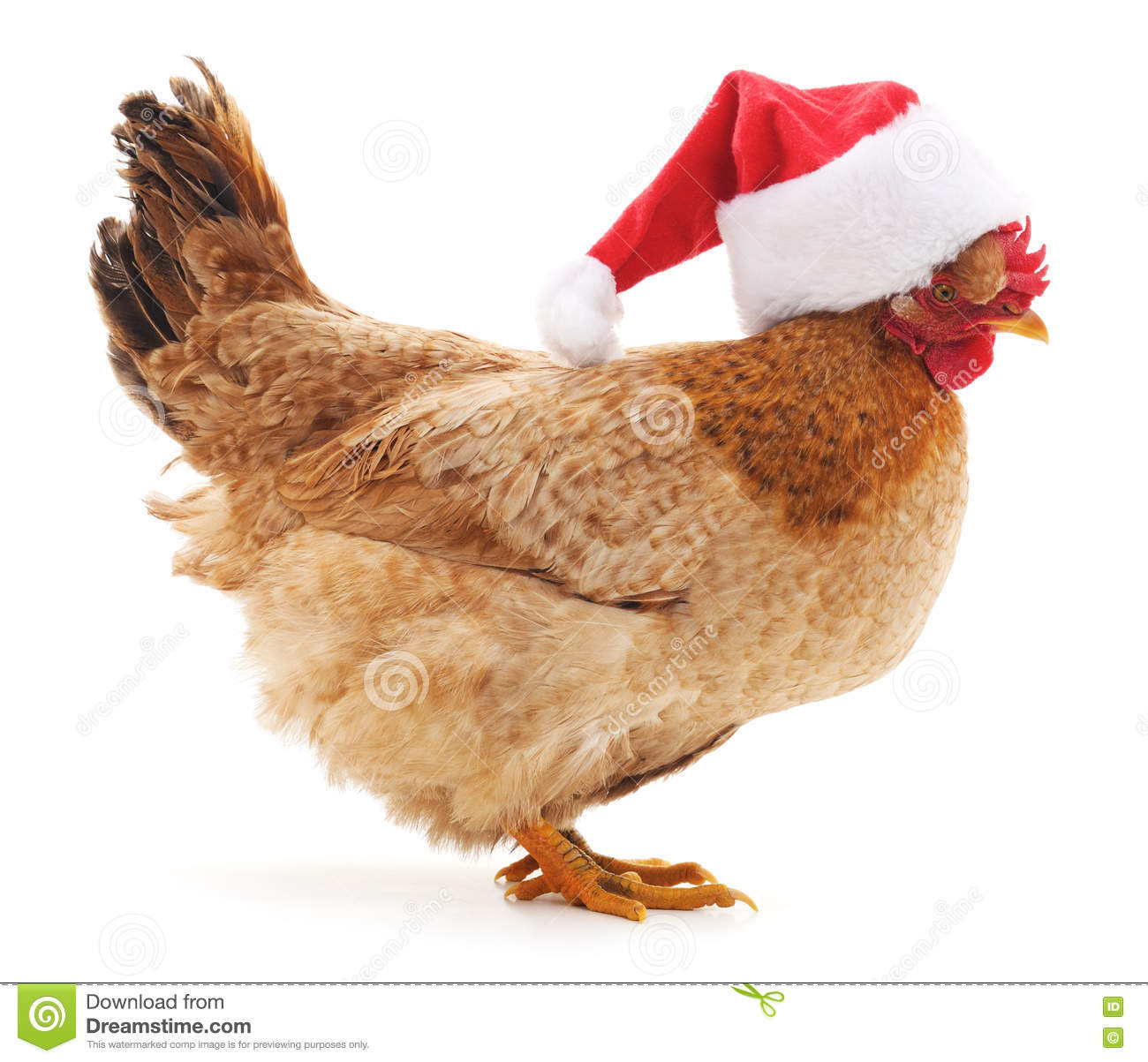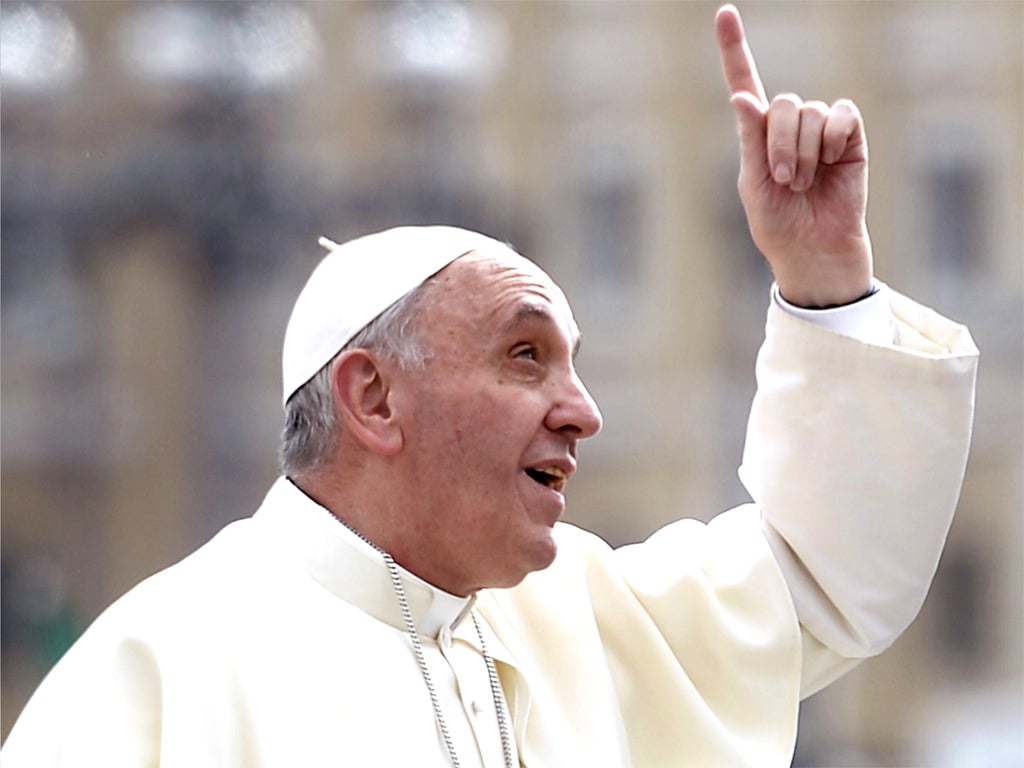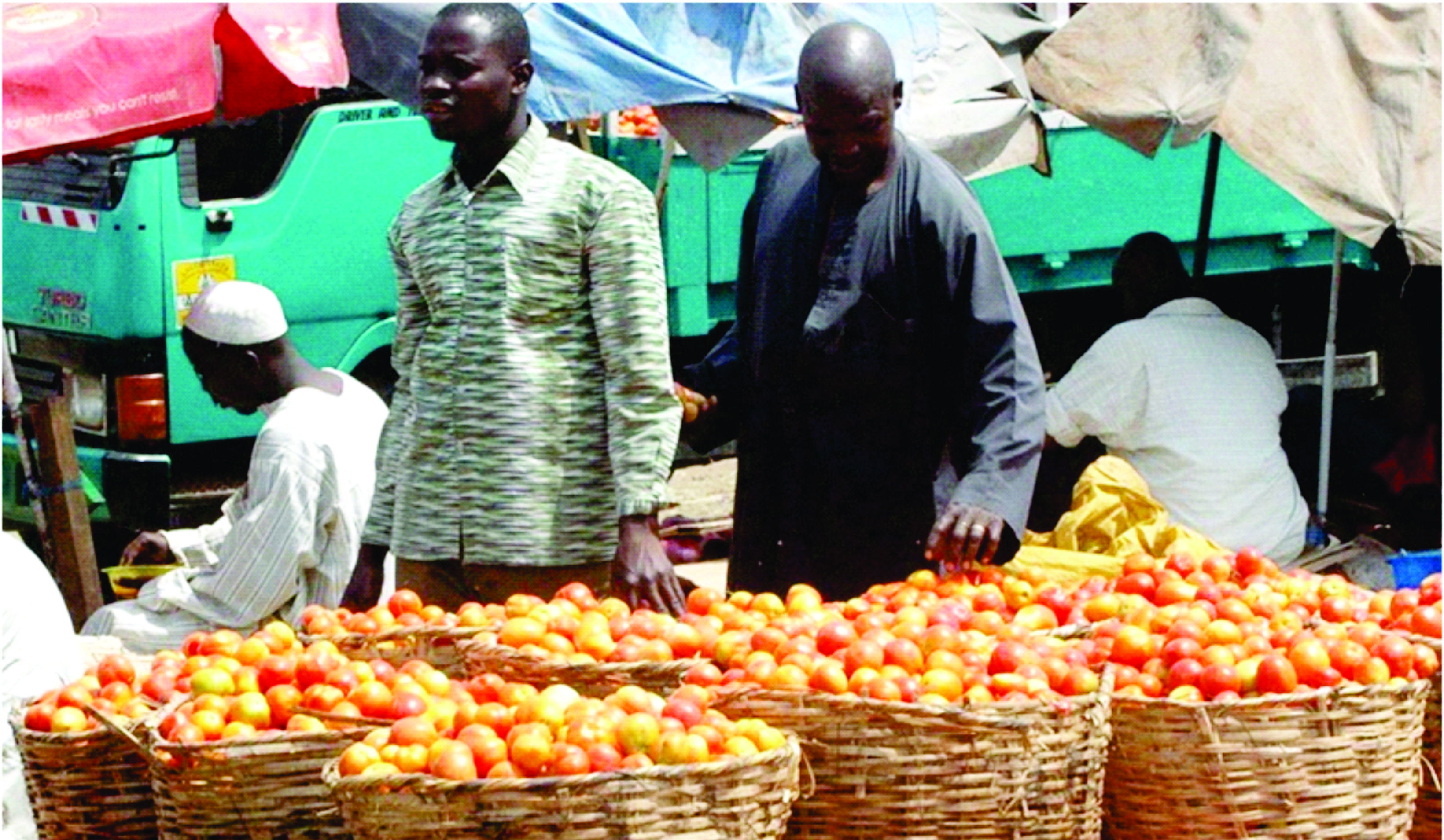As many Nigerians battle rising inflation which has weakened their purchasing power, households are cutting down on purchases and forgoing traditions as food prices keep rising relentlessly.
According to the National Bureau of Statistics (NBS), the headline inflation rate was 28.2 per cent for November 2023, representing the 11th consecutive month of increase so far in the year and the highest level since July 2005.
Further analysis shows that the price of local rice sold loose 1kg rose by 105 per cent from N400.47 to N818.42 while that of imported rice rose by 92 per cent from N530.32 to N1,016.12 within three years.
READ ALSO: Christmas: Obasa Congratulates Christians, Urges Love Among Nigerians
Also, the cost of a kilo of frozen chicken, which is a common choice of protein for Christmas, rose by 107 per cent from N1932.56 to N2, 172.99 in the same period.
The highest increase was recorded for unripe plantain (170 per cent), ripe plantain (161 per cent), and a bottle of groundnut oil (148 per cent) from 2020 to 2023.
For Mrs. Akinjide, A civil servant in Lagos, it may not be a happy Christmas as she claims not to have enough cash to visit her family in the village, considering the money she has to spend when she gets there.
Akinjide lamented the high cost of things, which has limited her family’s ability to fully celebrate Christmas.
She also noted that she could not afford to buy any Christmas clothes for children as she used to do in the past, noting that it would be a regular Monday for her and her family.
Living in Nigeria has become challenging, as prices of basic items have soared to an unprecedented peak. There has been a significant surge in food prices, triggered by the abrupt removal of fuel subsidies and the floating of the naira.

 Health5 days ago
Health5 days ago
 Entertainment7 days ago
Entertainment7 days ago
 Crime6 days ago
Crime6 days ago
 Education1 week ago
Education1 week ago
 Health1 week ago
Health1 week ago
 Comments and Issues6 days ago
Comments and Issues6 days ago
 Football7 days ago
Football7 days ago
 Latest6 days ago
Latest6 days ago









